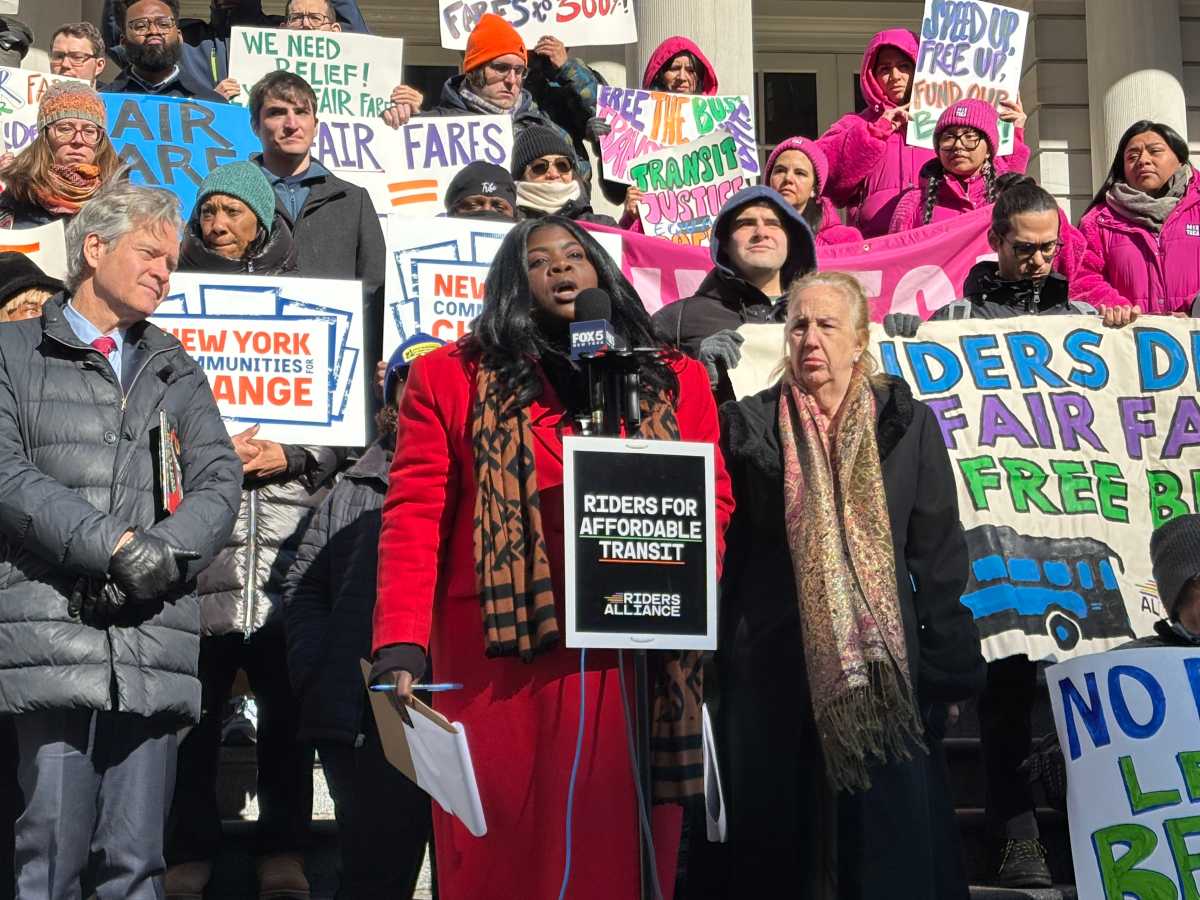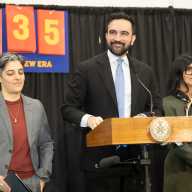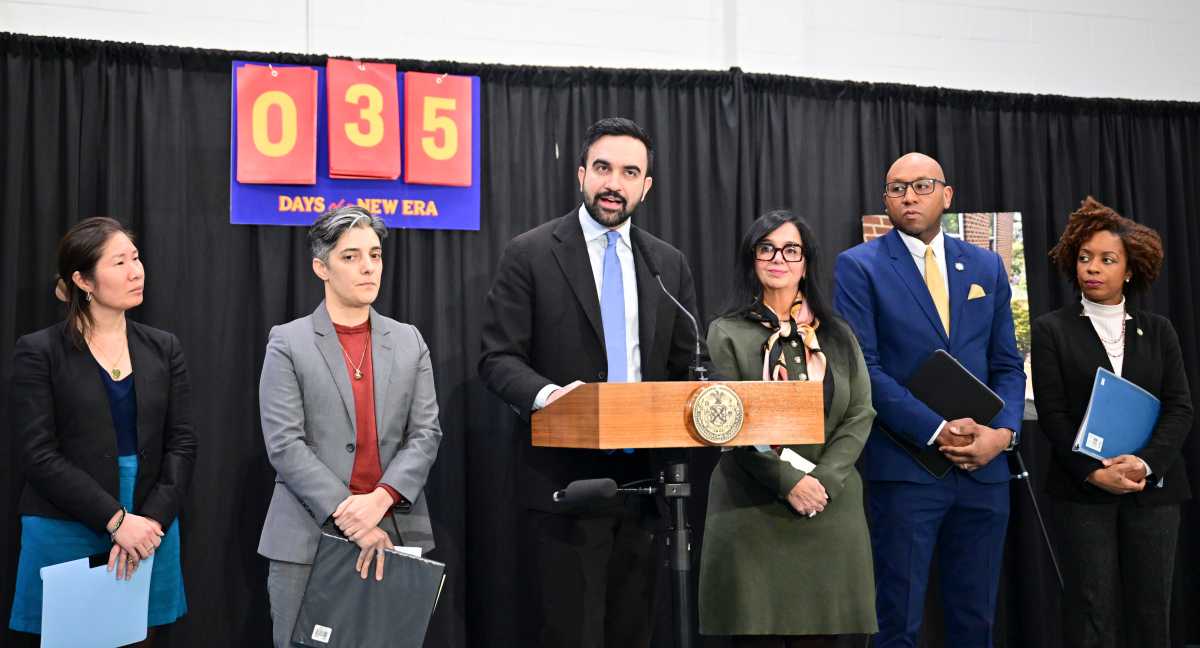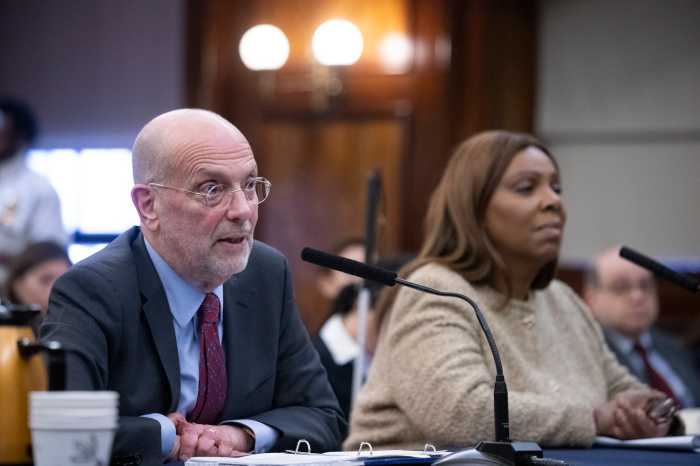Federal officials hope to arm prosecutors with better methods of protecting sex trafficking victims from retaliation. A bill, entitled the William Wilberforce Trafficking Victims Protection Reauthorization Act, recently passed by the House of Representatives, would remove the need for victims to testify in certain situations.
Currently, prosecutors are required to prove fraud, force or coercion, or a victim’s status as a minor in sex trafficking cases. However, the new bill would remove the federal requirement that fraud, force, coercion or the involvement be proved. Instead, if these factors can be proved, those convicted could face enhanced penalties, and the need for victim’s testimony would be reduced.
Advocates for the act said that oftentimes victims are fearful for their families and their own safety, and the process of removing the need for testimony would be used in situations where officials believe that the victim could face physical or psychological danger by appearing before the court.
“This is the 21st century slave issue,” said Congressmember Carolyn Maloney, one of more than 400 federal Representatives to vote for the act, explaining that the bill was named for a British abolitionist.
In addition, the proposed law would also require the U.S. Attorney General to conduct a biennial survey of trafficking in the United States, prohibit the U.S. government from funding organizations that direct money to the employment of child soldiers and require the government to produce a report about child soldiers in Burma. The bill would be in effect from fiscal years 2008 through 2011.
“It’s very important to show the abuses that are there,” Maloney said, adding, “HR387 renews attention to the trafficking.”
According to several advocacy groups, an estimated 800,000 people are trafficked across international borders for labor and the sex industry each year, and the number is believed to be in the millions when trafficking within borders is counted. The U.S. government estimates that 175,000 trafficking victims are brought into the country each year.
“The lives of trafficking victims are a horror and this fight has brought to together a broad coalition … of leaders,” Maloney said.
Maloney urged her Senate counterparts to pass an equally strong anti-trafficking measure.
Councilmember Helen Sears said that she hoped to introduce a bill into the Council in support of the federal act.
And in response to the bill, Marcia A. Pappas, President of the National Organization for Women (NOW) New York State, issued a statement asking Senate leaders to pass a similar act to the one approved by 94 percent of the House.
“Sadly, the people who are greatly affected have no voice, and are looked at as disposable, insignificant, throwaway commodities. The United States has a unique opportunity to be a leader on this issue by passing legislation that would bring to an end this practice, to end violence against women and girls,” she said.
































